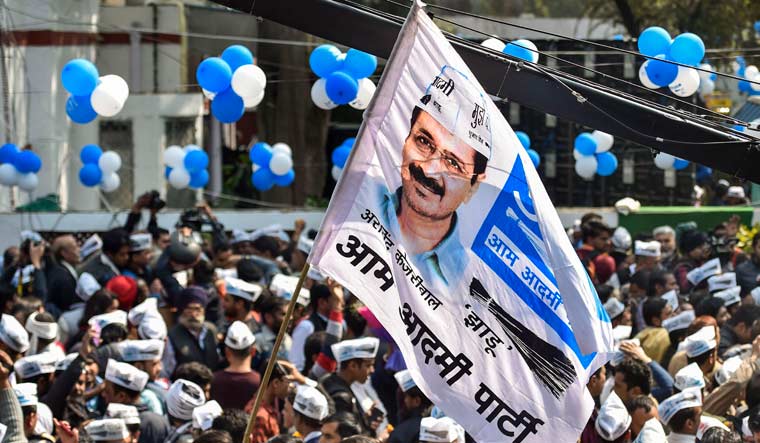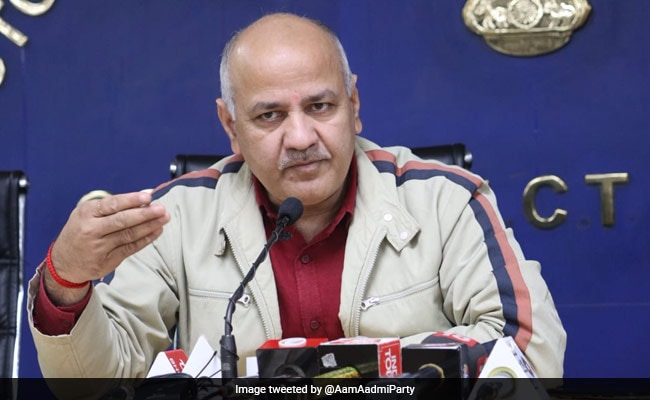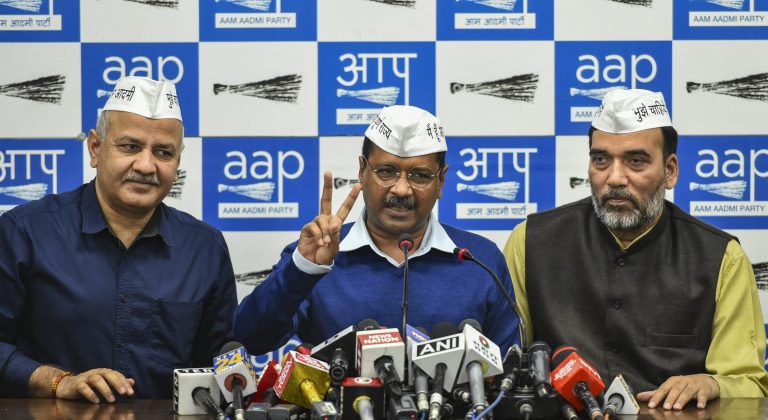Delhi’s educational revolution is a major boost to the education sector that has been observed after serving the capital hitherto which was also a notable achievement marked in the campaign for next elections.
The condition of schools from primary to higher ones has been transformed completely enshrining the principle of ‘equal opportunities for growth and balancing the infrastructural demand for a better environment for all.
The distinction between government schools and private schools has vanished, a dream seemingly comes true. Such has been the improvement in the standard of education in Delhi government schools that as many as 61 percent of respondents said they would prefer sending their children to a government school over a private one, according to the Neta App Janata Barometer Survey.

The survey was based on the responses of over 40,000 citizens across all 70 Delhi constituencies between January 20-27 to gauge the public verdict on the performance of the AAP government.
When further inquired, 76 percent of respondents are satisfied with the quality of education being offered at Delhi government schools. 84 percent also conveyed satisfaction with government school infrastructure.
The scrutinization of educational institutions required financial support which was absent earlier. Allocation of a share of 26% of Delhi’s GDP to education in the budget 2019-20 has been the atonement for the error.
The expenditure incurred by the Delhi government per student annually on education has increased from Rs 50,812 in 2016-17 to Rs 78,082 in 2020-21, according to the Delhi Economic Survey report.

Acknowledging the demand for more admissions in schools after the remodeling of the whole sector, “More than 8,000 new classrooms have been built in Delhi government schools.
Construction of 11,000 has been started while the tender for 1,000 has been floated,” Sisodia tweeted.
The unjustified fee hike now seems to be observed with a sense of providing justice to the bearers. Out of 745 schools audited, 330 asked to return the hiked fees. 150 private schools have started to return unjustified fees to parents.
Along with the concerned rudimentary demands for education, to invoke creativity in the pattern of learning, A psychometric career assessment test has been introduced for classes 10, 11, and 12th (a scientific assessment tool to analyze a person’s capabilities, aptitudes, personalities, and interests).
Four Hundred Thousand students studying in Class 10, 11, and 12 of around 1,100 Delhi government schools will be going through a psychometric career assessment test, followed by free counseling from an Educational and Vocational Guidance Counselor (EVGC) in their schools.

Also, an Interesting idea called ‘Math Lab’ is being implemented in Government Schools of Delhi to help students get rid of their fear of Math through interactive play sessions.
One of the basic ingredients for the discussed success has been the recruitment of suitable teachers in a just manner.
The weightage to the experience of guest teachers who have been working in schools, before recruiting fresh teachers for permanent positions has provided transparency in the teacher selection process.

The commendable work in the education sector by Delhi Government has been termed as the ‘educational revolution’ by some experts.
The policies and certain successful steps have been exemplary of development for all the states in the country.
Also Read:





